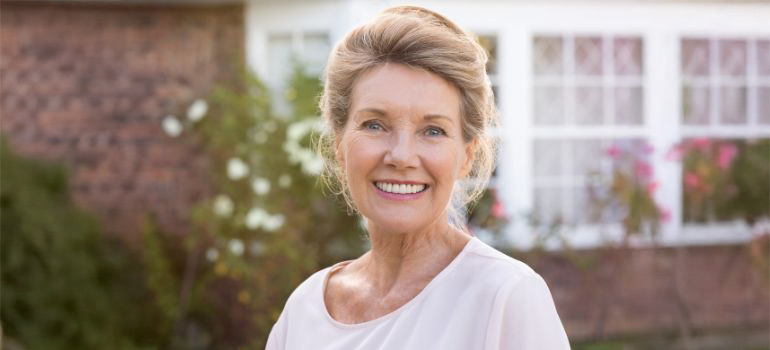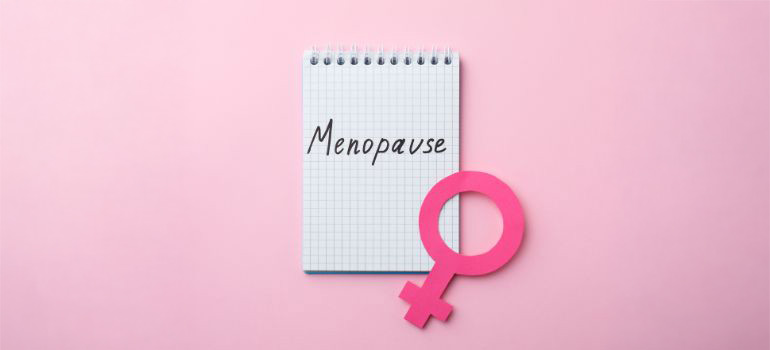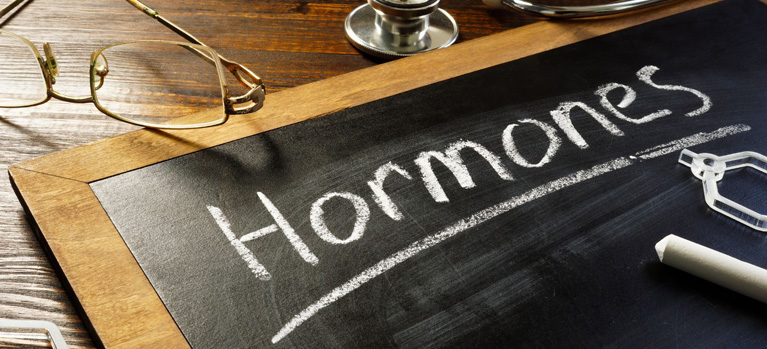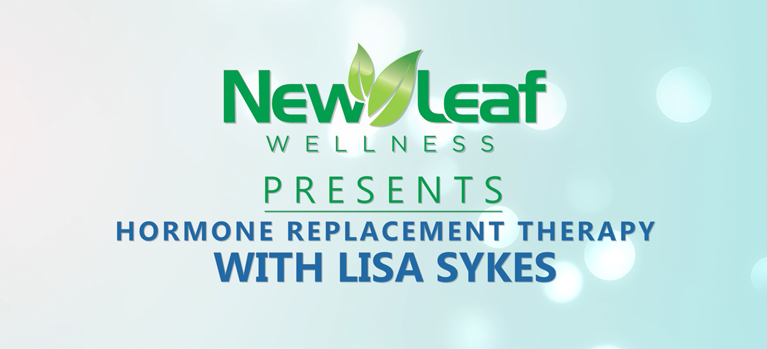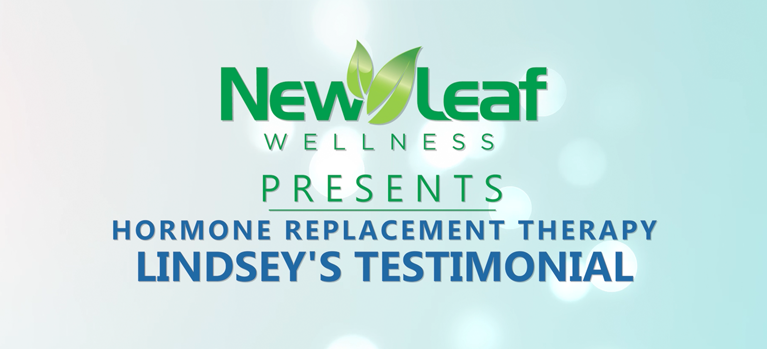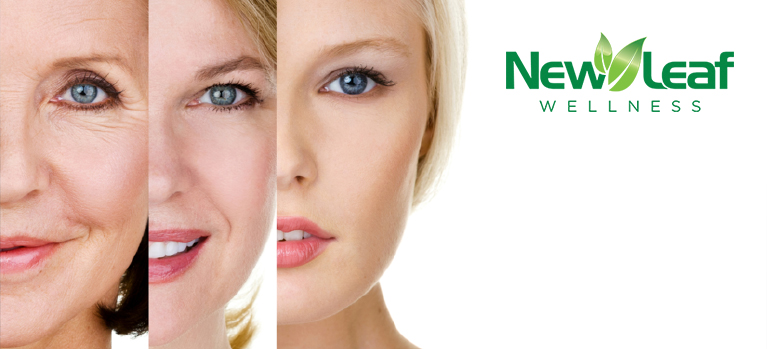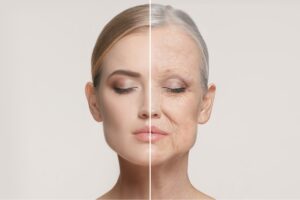The Life-Changing Benefits of Hormone Therapy at Any Age
Remember Linda, the vibrant 80-year-old who once wondered if she was “too old” for hormone therapy? Her story is a powerful reminder that it’s never too late to feel better, live better, and thrive.
Let’s explore the incredible changes many people experience when they optimize their hormone levels—no matter their age.
Rediscovering Energy and Vitality
One of the first and most noticeable shifts is a renewed sense of energy.
Many patients report feeling more active and full of life within just a few months. It’s not just about checking things off a to-do list—it’s about having the vitality to play with grandchildren, dive back into beloved hobbies, or simply feel like yourself again.
Enhanced Intimacy and Sexual Wellness
Here’s the truth that isn’t said often enough: intimacy doesn’t have an expiration date.
Hormone therapy can support sexual wellness well into your 70s, 80s, and beyond by helping to:
- Rekindle desire and interest
- Restore natural lubrication
- Heighten sensation and pleasure
- Rebuild confidence in intimate relationships
This aspect of health is deeply personal—and deeply empowering.
Stronger Bones, Even in Later Years
Linda’s follow-up bone scan told a hopeful story—her bone density had begun to improve.
This highlights a lesser-known benefit of hormone therapy:
- Slowing or reversing bone loss
- Supporting stronger, denser bones
- Reducing fracture risks
It’s never too late to strengthen the foundation of your body.
Sharper Mental Clarity
That frustrating brain fog isn’t just “part of getting older.”
Many report clearer thinking, improved memory, and sharper focus after beginning hormone therapy. You may notice:
- Better recall
- Enhanced concentration
- Quicker decision-making
Feeling mentally sharp again can transform how you engage with everyday life.
A Ripple Effect of Wellness
The benefits don’t stop there. People frequently experience a cascade of positive effects, including:
- More restful sleep
- Brighter mood and better emotional balance
- Healthier, more resilient skin
- Easier weight management
- Improved muscle tone
These changes come from a personalized, whole-body approach to care using bioidentical hormone therapy.
When the natural aging curve starts to dip, the right treatment plan can help slow that descent—and even reverse it in meaningful ways. Many find that they don’t just feel “okay” again. They feel better.
No matter your age—whether you’re 55 or 85—it’s possible to reclaim your health, vitality, and joy. Hormone therapy isn’t about turning back time. It’s about making the most of the time you have ahead.





